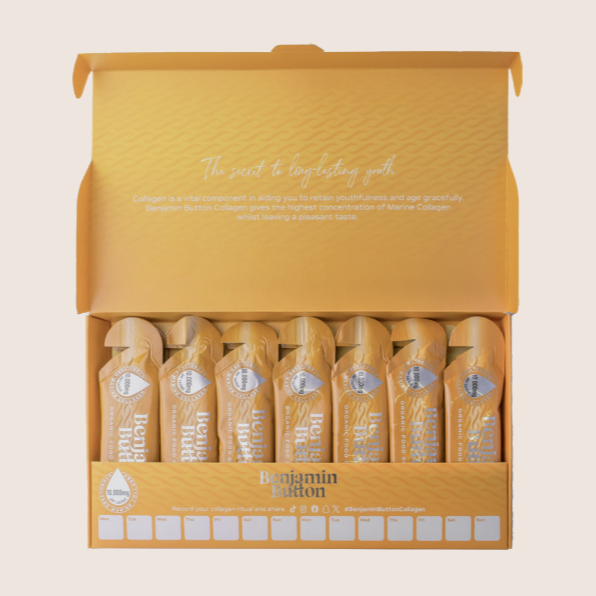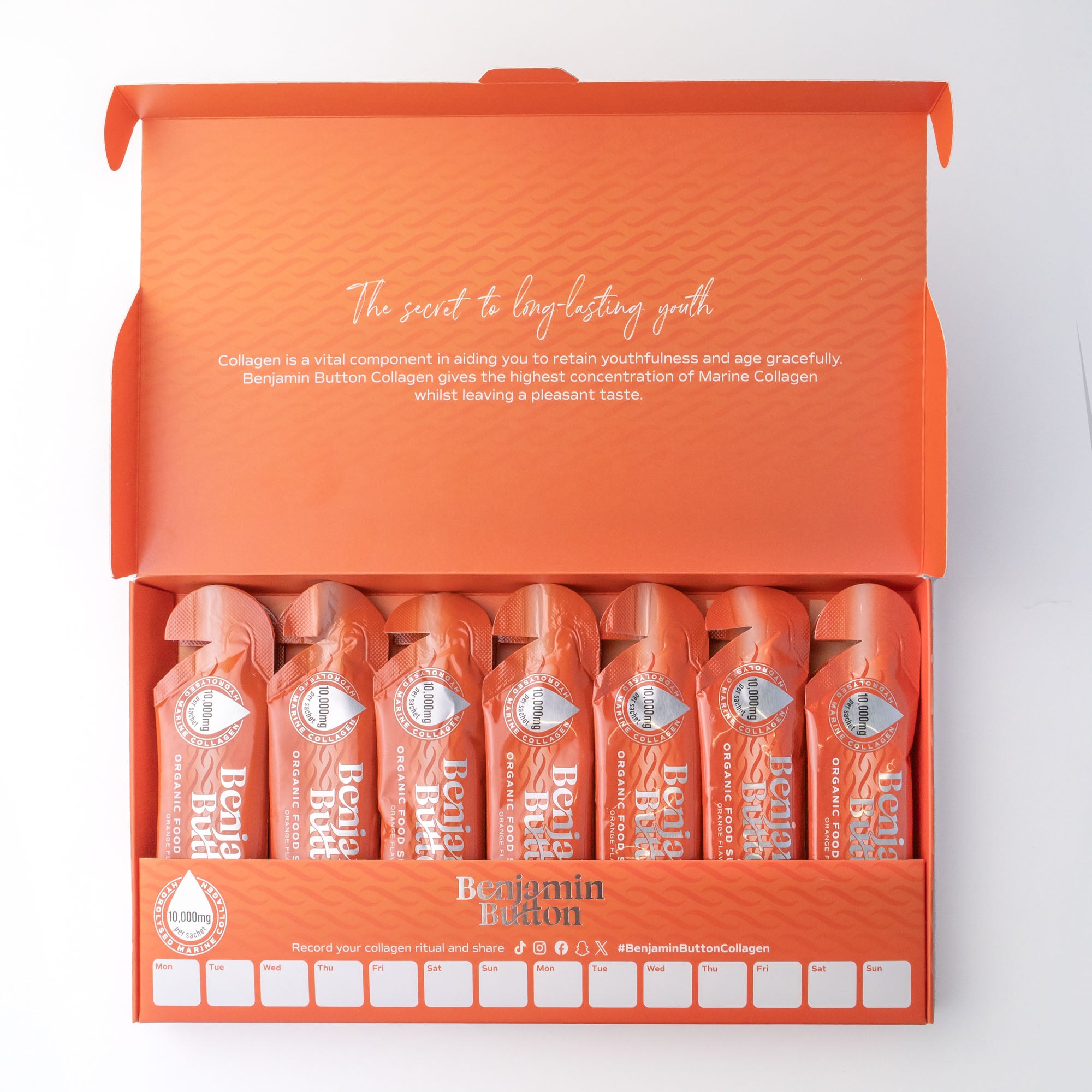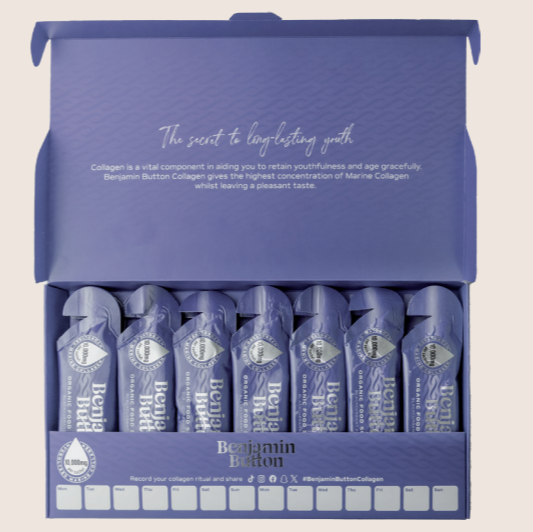The Allure of Problematic Men in Dating Shows
Dating shows have become a staple of modern entertainment, captivating audiences with drama, romance, and tension. Behind the glitz and glamour, one phenomenon stands out: the frequent casting of problematic men. Understanding why these individuals often find themselves centre stage can shed light on both media strategies and societal perceptions of masculinity.The Psychology of Reality Television
Reality television thrives on conflict and emotional extremes. Producers seek participants who will generate engaging storylines, and problematic men tend to be excellent sources of both. Some psychological aspects that make these men appealing to TV producers include:- Conflict Generation: Problematic men often create discord among contestants, leading to dramatic confrontations and unexpected plot twists.
- Charisma and Cockiness: Many have a brash charm that draws viewers in, making them more memorable than their well-behaved counterparts.
- Relatability: Audiences often have a fascination with flawed individuals, which can make their journeys more relatable and compelling to watch.
Societal Norms and Expectations
The portrayal of problematic men in dating shows can be traced back to unspoken societal norms and expectations surrounding masculinity. These men often embody traits traditionally associated with masculinity, such as dominance, emotional stoicism, and competitiveness. This resonates with certain societal ideals, contributing to their selection for reality shows.- Hero vs. Villain Dynamics: Producers craft narratives that revolve around the classic hero versus villain trope, positioning problematic men as the villains, which fuels viewer engagement.
- Challenges to Convention: The presence of problematic men often challenges the conventional mould of chivalry and romance, resulting in a more intense viewing experience.
- Resilience of Audience Interest: Viewers display a strong penchant for discussing and analysing the behaviours of problematic contestants, which keeps ratings high.
Producers’ Perspective
From the standpoint of show producers, the choice to cast problematic men can be a calculated move. While innocence can often appeal to viewers, controversy tends to generate much better ratings. The focus shifts from traditional romantic engagements to emotional and chaotic dynamics, which forms a more captivating narrative.Demographics and Viewership
Understanding the demographics that tune into these shows can provide further insight into why problematic men are consistently featured.- Age Groups: Younger audiences may be more inclined to identify with rebellious behaviour, seeing it as a phase of life they either live or fantasise about.
- Social Media Influence: Viewers often take their thoughts to social media, generating buzz around problematic contestants, which ultimately promotes the show further.
- Desire for Shock Value: Individuals and groups gravitate towards content that challenges their worldviews, and problematic men often epitomise that shock value.
The Cycle of Controversy
Casting problematic men can create a cycle that benefits both the men themselves and the shows that feature them. As these individuals gain notoriety, they may parlay their on-screen behaviour into social media fame, merchandise, or even future television roles. This feedback loop not only serves the contestants but bolsters ratings and interest for the networks involved.Impacts on Masculinity
The prevalence of problematic men on dating shows undoubtedly contributes to the shaping of modern masculinity. As these portrayals perpetuate specific stereotypes, they foster complex discussions about what it means to be a man in contemporary society.- Normalization of Toxicity: When audiences repeatedly see problematic behaviours glossed over or romanticised, it can lead to a skewed perception of acceptable masculinity.
- Reinforcement of Aggressive Behaviour: Men who display aggression or emotional detachment can inadvertently validate these behaviours as desirable traits.
- Emergence of Role Models: Younger viewers may seek out flawed figures as role models, leading to potentially harmful behaviours being adopted in real-life scenarios.
Alternative Narratives: The Counter Movements
While problematic men often dominate dating shows, there is a growing awareness around the necessity for diverse representations of masculinity. Critics are increasingly vocal about the need for healthier portrayals of men in media, urging producers to consider alternative narratives.Progressive Casting Choices
The tide is gradually turning as more producers recognise the value of casting men who exhibit emotional intelligence, vulnerability, and integrity. This shift can lead to:- Improved Representation: Showcasing a wider range of masculine traits can allow for more authentic connections between contestants.
- Positive Role Modelling: Casting men who exemplify kindness and empathy can help to balance the narratives presented on screen, allowing for healthier pop culture messages.
- Influential Movements: Campaigns promoting mental health awareness and emotional wellness can resonate with viewers, leading to a more nuanced understanding of masculinity.






















